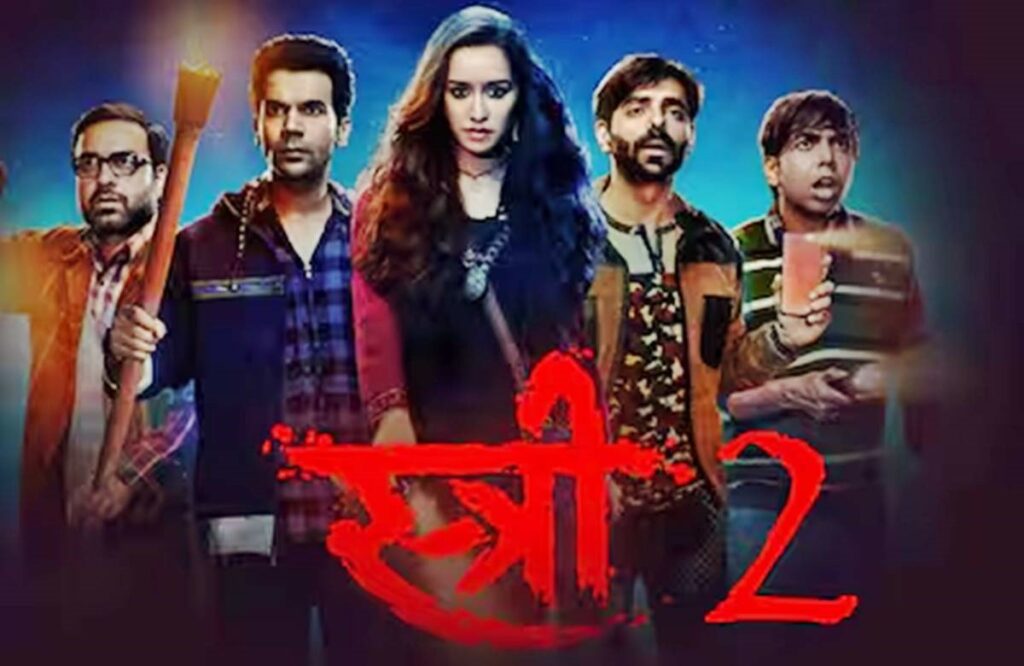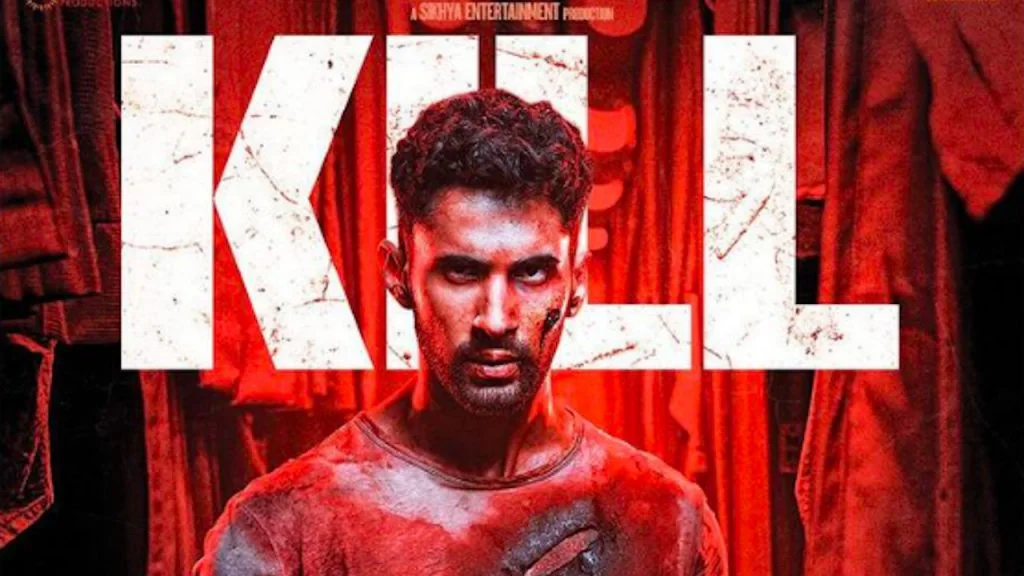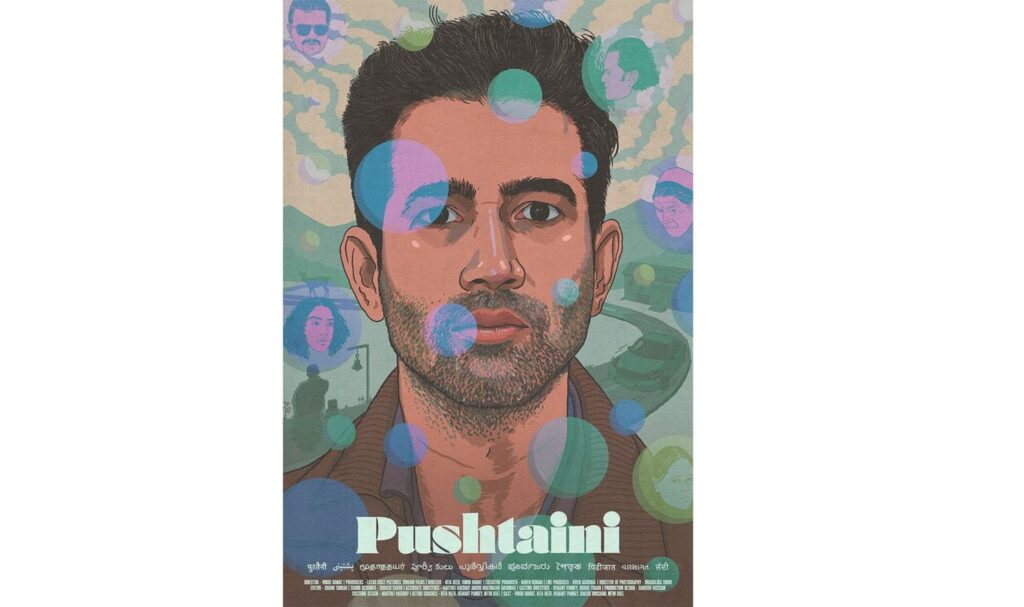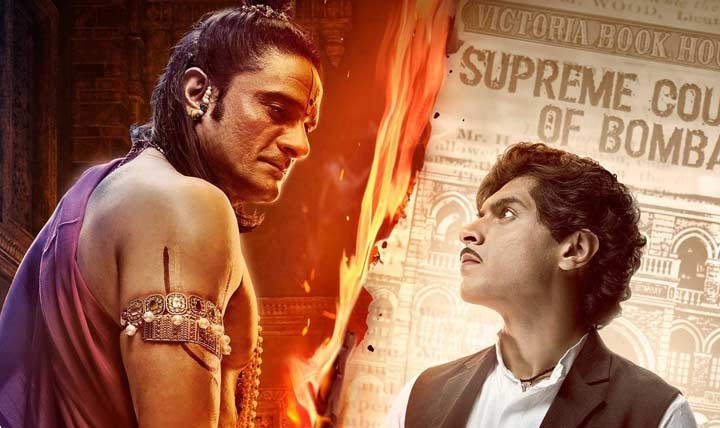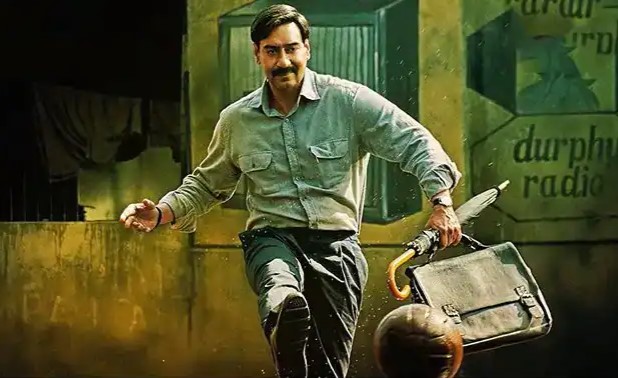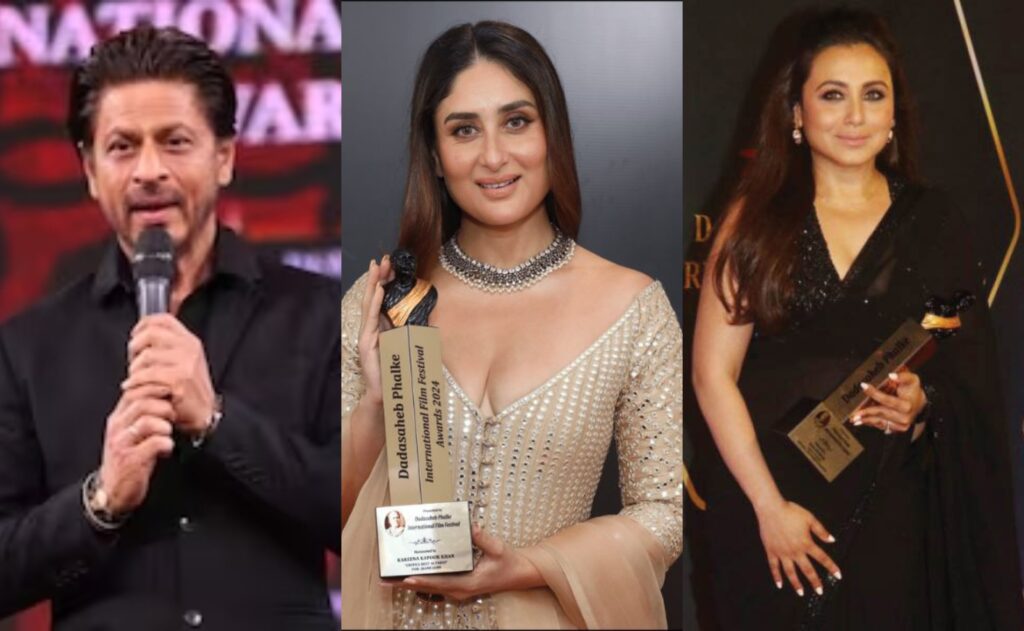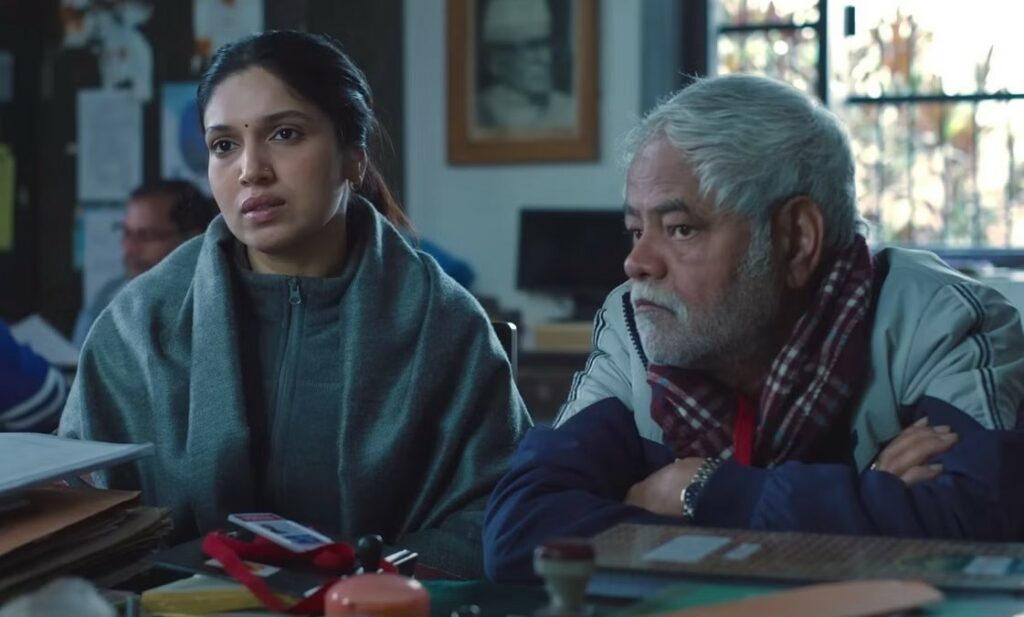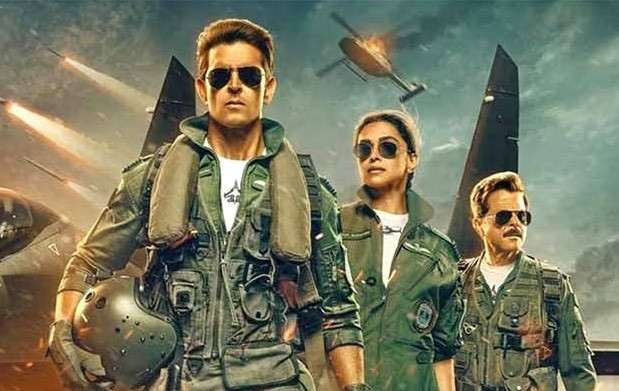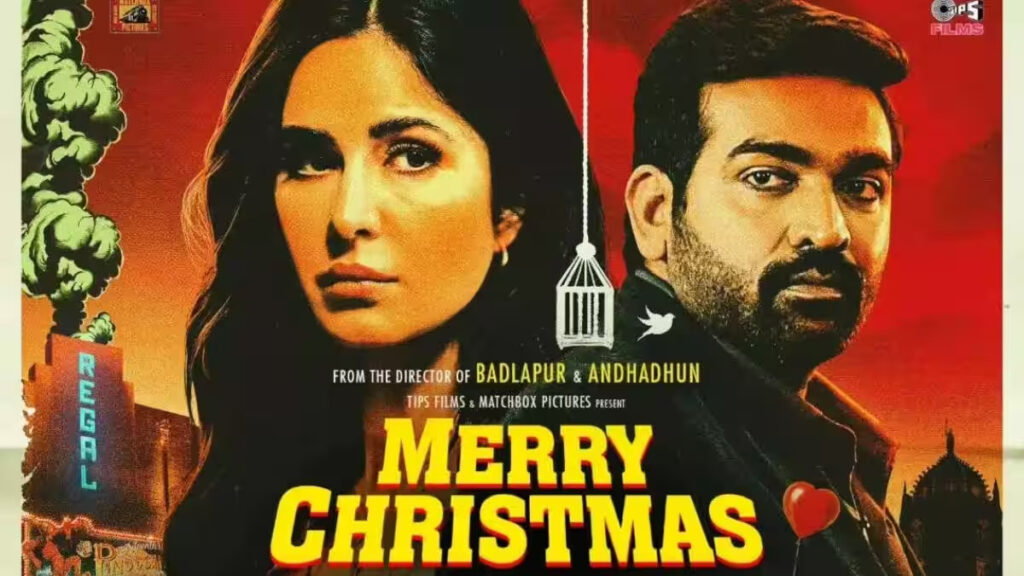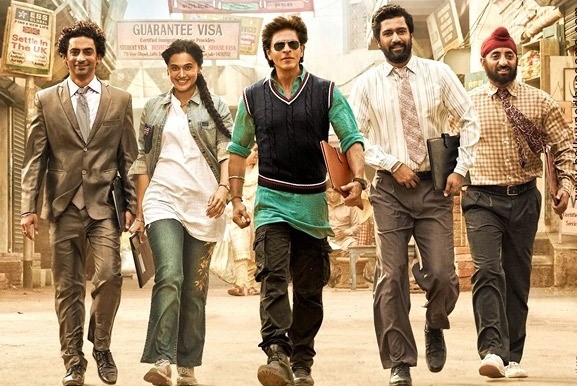Filmmaker Amar Kaushik’s Stree was about the villagers of Chanderi fighting against a female evil spirit called Stree, who attacks and takes away the men residing in the village. After a lot of twists and turns, the men are freed in the end and Stree vanishes after her long braid is cut. But in the end, the viewers are given a hint that the mysterious girl with no name (Shraddha Kapoor) is a witch after she leaves the village.
The story of Stree 2 continues a few years later when Chanderi is a peaceful place. Vicky (Rajkummar Rao) and his best friend Bittu (Aparshakti Khurana) are leading a happy-go-lucky life, except that the former is still waiting for the girl with no name (Shraddha) as he loves her. Their buddy Jana (Abhishek Banerjee) is in Delhi studying to become an IAS officer.
However, the peaceful life of Chanderi gets disturbed after Bittu’s girlfriend Chitti (Anya Singh) goes missing, as opposed to men going missing in the first part. This time, a demon called Sarkata (a man without a head) is responsible for the mayhem. The villagers believe that Vicky will once again free them from the evil force. Vicky takes help from his usual friends Bittu and Rudra (Pankaj Tripathi). They call back Jana from Delhi.
The basic plot of Stree 2 is not only similar to Stree but also akin to a lot of stories about a monster creating havoc in people’s lives. Plus, what happens in the end is anybody’s guess. Hence, it is important in such films for the journey to the end to be funny and gripping. This happens in Stree 2 through its regular doses of humour.
As far as the film’s making is concerned, the biggest star here is the writer Niren Bhatt. His dialogues are not only consistently hilarious but also worth remembering later. The meta references of the latest films and some happenings of the country are the icing on the cake. In fact, there is not much of a story development in the first half. But you will hardly notice that, thanks to Bhatt’s humour. Plus, director Amar Kaushik’s handling of the tale is also praiseworthy.
Stree 2 is technically more sound that the first film. Jishnu Bhattacharjee’s camerawork gets noticed regularly, especially in the horror sequences. Background scorer Justin Varghese doesn’t get carried away by the genre. Hemanti Sarkar’s sleek editing also falls in the positive. The VFX, a crucial part of such genre of films, is of a high standard.
The performances are also praiseworthy. Rajkummar Rao is in top form, especially during the comic sequences. The same can be said about Pankaj Tripathi, Aparshakti Khurana and Abhishek Banerjee. These four actors do complete justice to the dialogues during their conversations, which are aplenty. Shraddha Kapoor gets more scope later on and she plays her part well.
The surprise factor in the form of Akshay Kumar’s cameo works well. He is highly impactful. Varun Dhawan (from Bhediya) and Tamannaah Bhatia’s cameos fit in the narrative. But Atul Srivastava, Aakash Dabhade and Mushtaq Khan, who are carried forward from the first film, are hardly there.
Apart from the first half, the film also has a few more glitches. The horror sequences become repetitive as they are already done do death in a number of Hindi horror films. The film also needed to be shorter in duration considering its story material. This is also felt in the post-credit sequences, which are too lengthy.
Overall: Stree 2 is a worthy sequel and another positive addition to Maddock Films’ horror-comedy universe.
Rating: 3.5 out of 5
Director: Amar Kaushik
Producers: Maddock Films and Jio Studios
Writer: Niren Bhatt
Cast: Rajkummar Rao, Shraddha Kapoor, Pankaj Tripathi, Aparshakti Khurana, Abhishek Banerjee
Also read: Maharaj review: Karsandas Mulji’s story, unfortunately, is relevant even after 160 years
